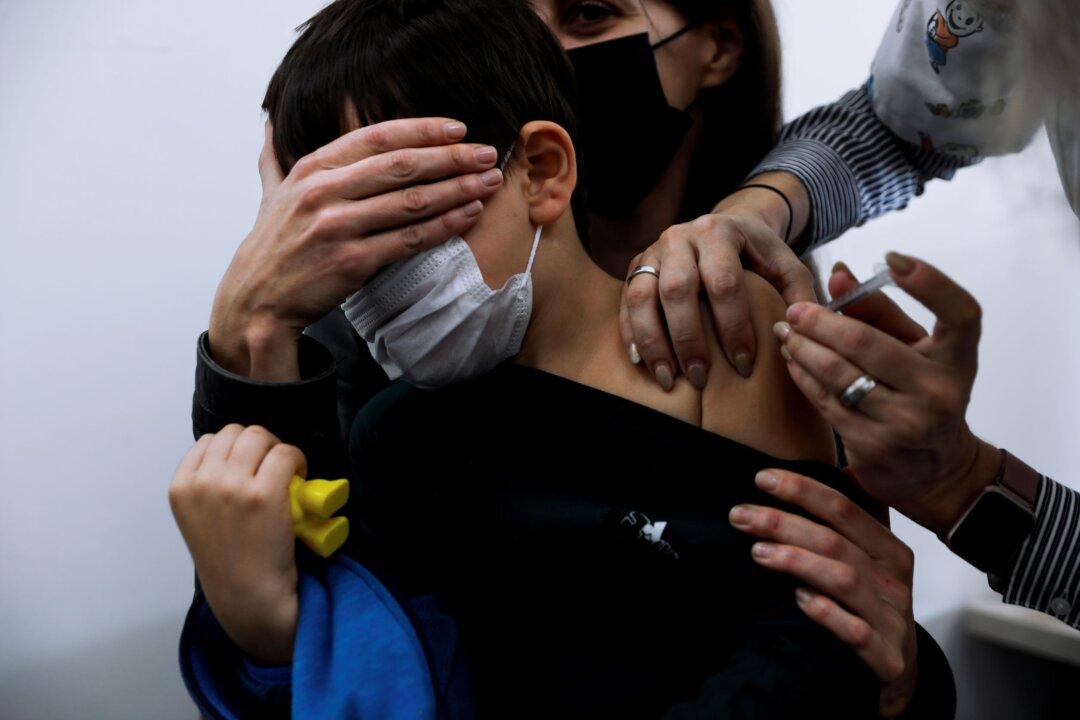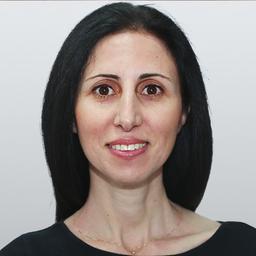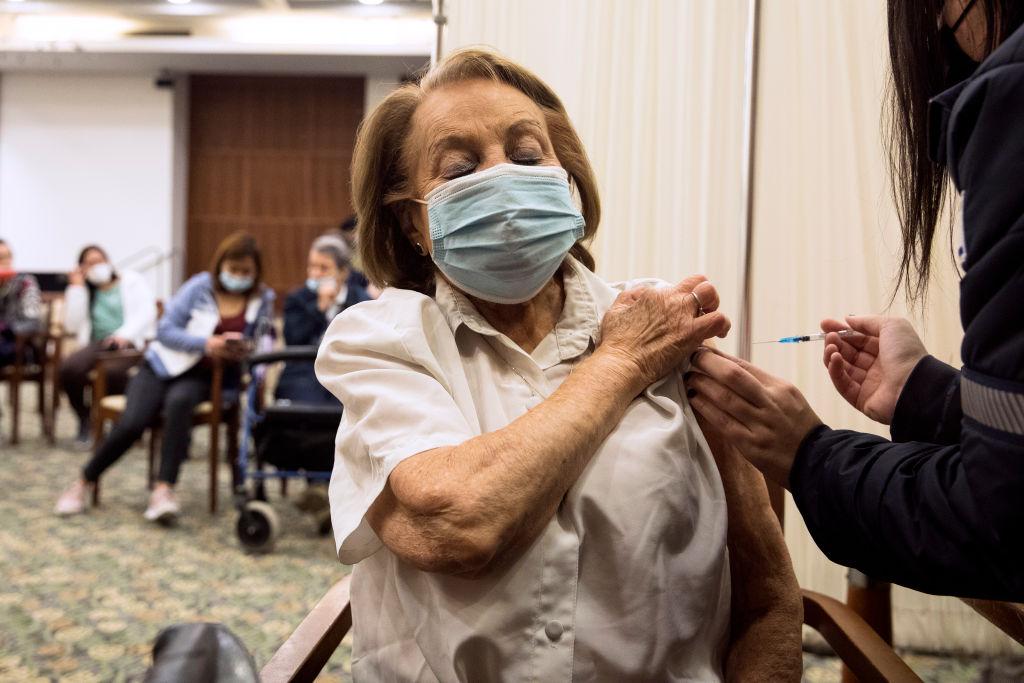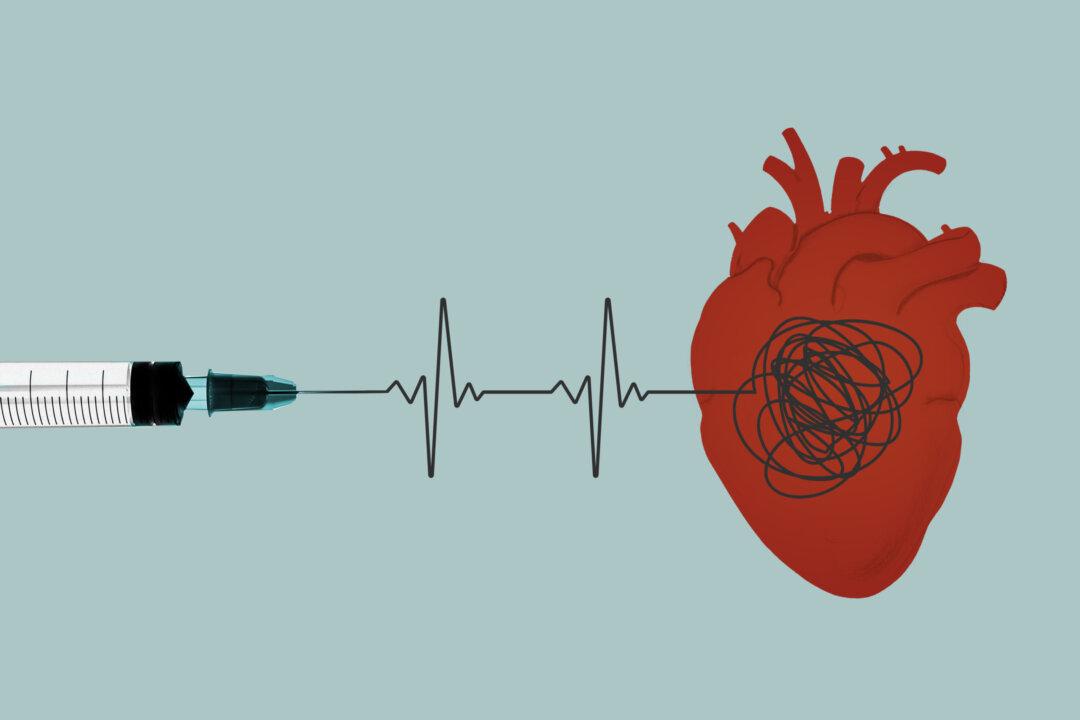There’s no scientific and medical basis for mandating that people wear masks in the general public and medical facilities to prevent infection from COVID-19 or other respiratory viruses, experts said in a letter sent to the Israel Medical Association Journal (IMAJ).
The letter, published in the December 2022 issue of the monthly journal, was written by Yoav Yehezkelli and Amnon Lahad. Yehezkelli is a specialist in internal medicine and medical management, a lieutenant colonel in the Israel Defense Forces, and one of the founders of the Epidemic Management Team and Evaluation Programs for Extreme Biological Incidents—a professional body that advises the director general of the Israel Ministry of Health (MOH). Lahad is chairman of the National Council for the Health of the Community and head of the Department of Family Medicine at the Hebrew University of Jerusalem’s School of Medicine.






